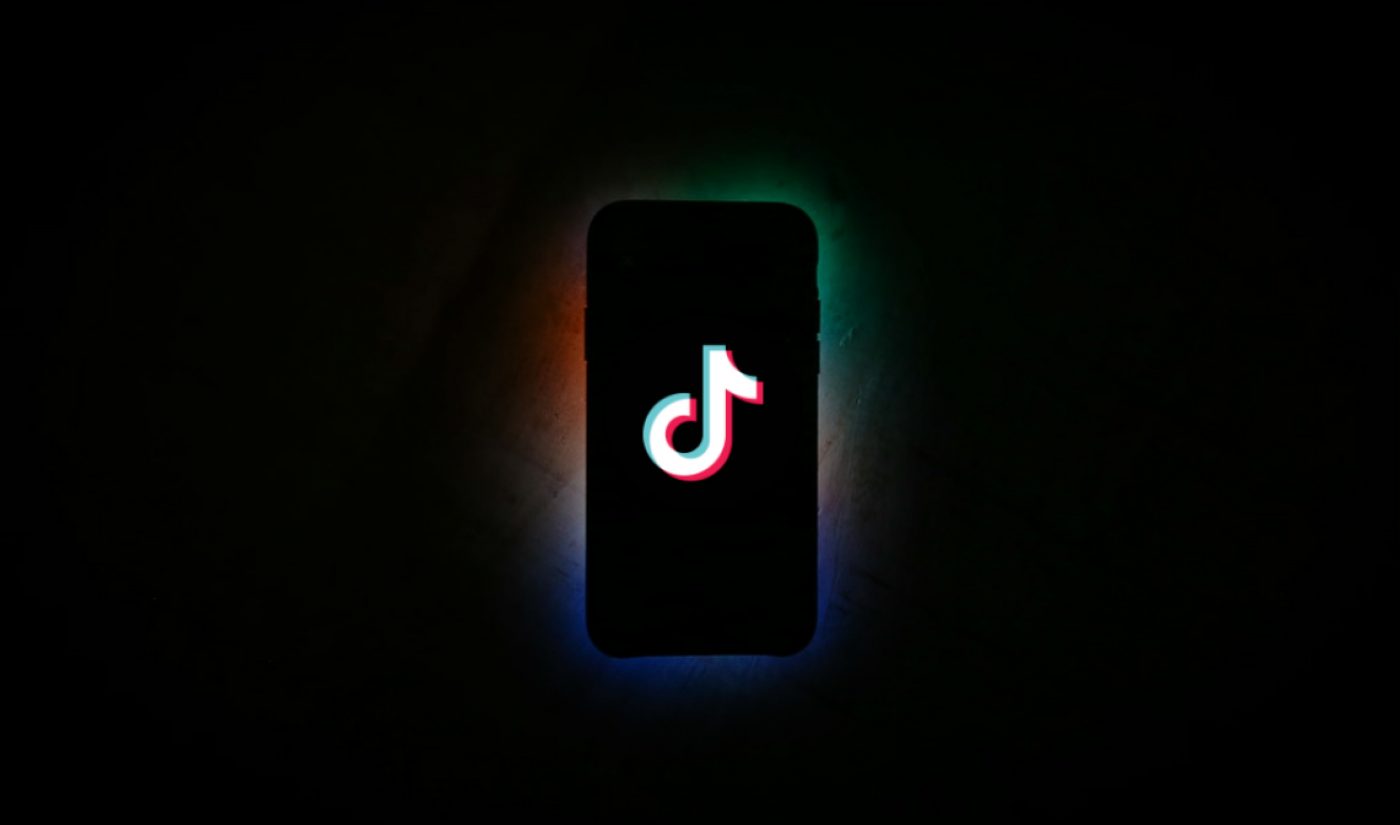Documents obtained by The Guardian reveal that TikTok — which is owned by Chinese tech giant ByteDance — may be or may have been censoring videos in accordance with China’s foreign policy aims.
The alleged documents instruct moderators to remove videos that mention Tienanmen Square, Tibetan independence, or a banned religious group called Falun Gong, The Guardian reports.
The revelation would seem to affirm a report earlier this month by The Washington Post, which alleged that discussion of the Hong Kong protests had been banned on TikTok, and which reported that “researchers have grown worried that the app could also prove to be one of China’s most effective weapons in the global information war, bringing Chinese-style censorship to mainstream U.S. audiences and shape how they understand real-world events.”

Subscribe for daily Tubefilter Top Stories
The documents obtained by The Guardian divide banned material into two categories: ‘violation’, which refers to content that gets deleted entirely and can result in a user ban, and ‘visible to self’, which leaves content up but limits its distribution. A section called ‘hate speech and religion’ covers the censorship of the aforementioned subjects — though the rules are worded in a way that makes them seem more “general purpose,” according to The Guardian. Most of the aforementioned topics fall into the ‘visible to self’ category — meaning that users can’t tell whether their content is being suppressed by the TikTok algorithm or not — though posts promoting Falun Gong are considered a full-fledged violation.
Additionally, The Guardian also reports that TikTok bans 20 foreign leaders “or sensitive figures,” including Kim Jong-Il, Mahatma Gandhi, Vladimir Putin, Donald Trump, Barack Obama, Kim Jong-Un, and Shinzo Abe — though notably not Chinese chairman Xi Jinping.
In response, Bytedance told The Guardian that the documents it had obtained were outdated and had been replaced in May with current guidelines that do not reference any specific countries or issues.
“In TikTok’s early days, we took a blunt approach to minimizing conflict on the platform, and our moderation guidelines allowed penalties to be given for things like content that promoted conflict, such as between religious sects or ethnic groups, spanning a number of regions around the world,” the company told The Guardian in a statement. “As TikTok began to take off globally last year, we recognized that this was not the correct approach, and began working to empower local teams that have a nuanced understanding of each market. As we’ve grown, we’ve implemented this localized approach across everything from product to team to policy development.”
“We also understand the need to be more transparent in communicating the policies that we develop and enforce to maintain a safe and positive app environment,” the company said.








